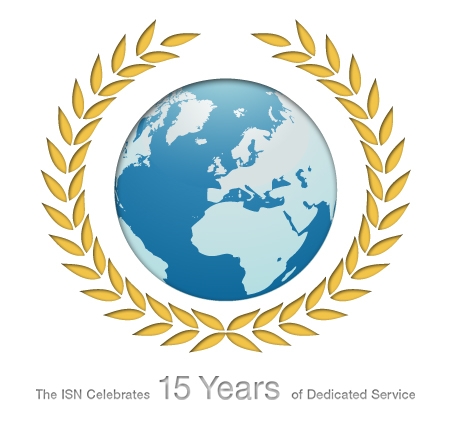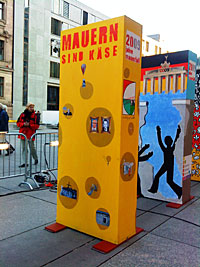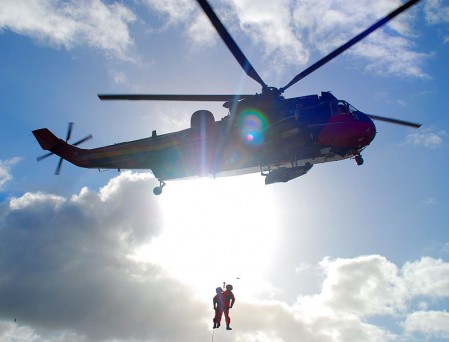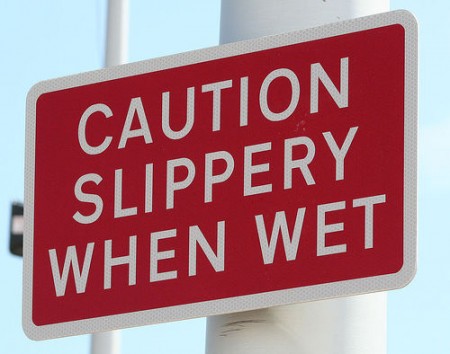 The year is 1992. The Cold War has ended and the tensions between East and West are starting to ease. In Zurich, a group of students and scholars, led by Professor Kurt Spillmann, developed a vision of how the internet could be used to support IR and security professionals.
The year is 1992. The Cold War has ended and the tensions between East and West are starting to ease. In Zurich, a group of students and scholars, led by Professor Kurt Spillmann, developed a vision of how the internet could be used to support IR and security professionals.
Conscious of how the free flow of information could be used to support the world’s fledgling democracies, they set off to create an online information network that would bring together the best minds and the best ideas.
On both sides of the Iron Curtain, people were eager to learn from each other, whether through dialogue and collaboration, or by accessing each other’s libraries and archives. What better way to foster greater openness, transparency and knowledge sharing than by hosting their research findings and discussions on an open access research network for all to see?
In 1994, this network was officially launched as the “Defence and Security Network” (DefSecNet). A year later it was renamed as the “International Relations and Security Network” (ISN) in lieu of its rapidly growing areas of interest and expertise.
Sponsored and supported by the Swiss government, the ISN soon became the country’s official contribution to the newly established Partnership for Peace (PfP) initiative and a key enabler of dialogue and collaboration between scholars and policy professionals.
Looking back, the ISN’s history has mirrored the evolution of the global agenda. Since our launch, our dedicated staff of editors, researchers, developers and educators have created websites for Russian research institutes, developed search engines for NATO, established an extensive portfolio of news and information services, created e-Learning courses and technologies, and founded one of the largest online networks of IR and security policy professionals, all of whom are committed to our core principle of encouraging greater knowledge sharing and learning in our community. And these are just some of our achievements.
Today, the ISN is the world’s leading open access information service for international relations and security professionals. We are proud to celebrate 15 years of dedicated service to you.




